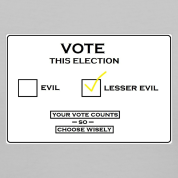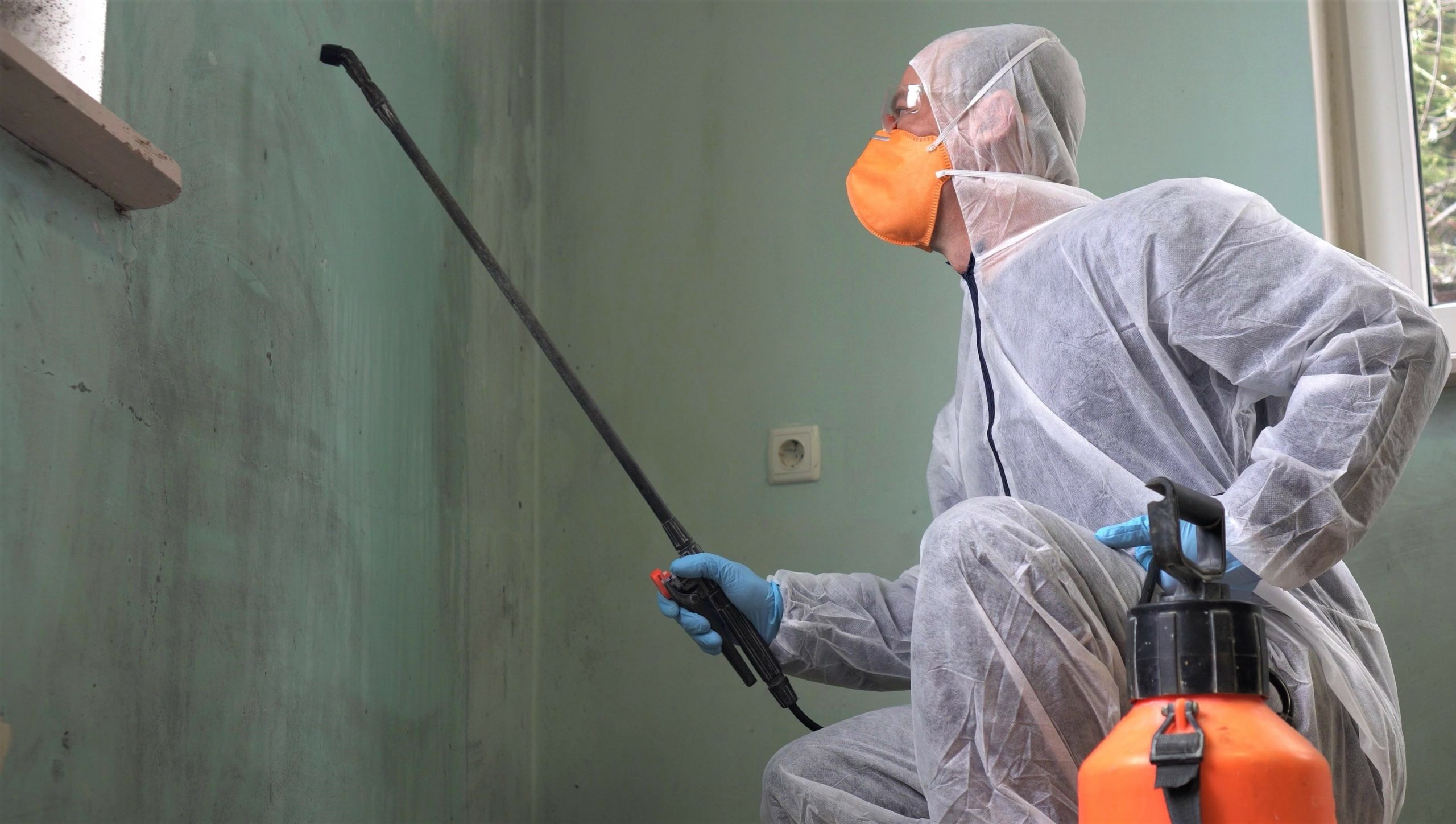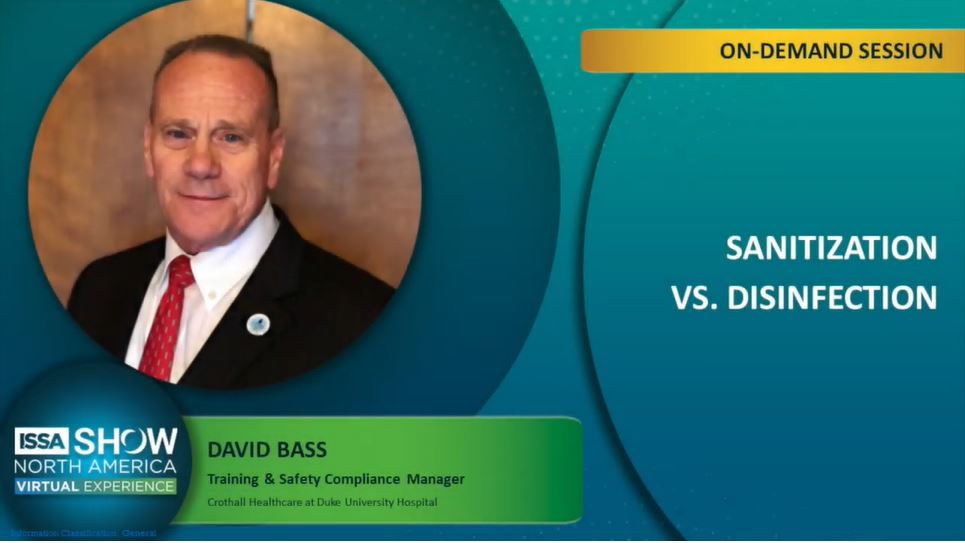The seven ways allegedly eco-friendly products are taking you, and the environment, for a ride!
The seven ways allegedly eco-friendly products are taking you, and the environment, for a ride!

The way it is
It’s not easy being green, or so says TerraChoice Environmental Marketing. The nation’s premiere environmental marketing research organization says that’s why the companies behind more than 98% of allegedly ‘green’ products are cutting corners to sell their goods.
The claim comes from a 2009 report that studied 2,219 ‘green’ products found on the shelves of major retailers in the United States, Canada, the United Kingdom, and Australia. Altogether, says TerraChoice, the products made nearly 5,000 promises to consumers about what they would and wouldn’t do to the environment, but only 25 products were able to fully deliver on their word!
‘ Greenwashing’ and you
Greenwashing’ and you
According to TerraChoice, the faulty advertising is part of a newly-minted public relations approach called ‘Greenwashing’ – using common fears or concerns about environmental well-being, often unique to geographic location, to market, package, and eventually sell a product. TerraChoice found, for example, that claims pertaining to recycling were most abundant in the United States, while water conservation was most noted in Australia.
The Seven Sins
So what are the tell-tale signs your Greenwashing is getting the better of you?! Look no further than the Seven Sins of Greenwashing.

1. The Sin of the Hidden Trade-Off: Don’t be fooled by fancy jargon… especially when one environmental issue is emphasized at the expense of potentially more serious concerns. Paper, for example, is still a product of de-forestation even it comes from a sustainably-harvested forest.
 2. The Sin of No Proof. The most common example — facial tissues whose packaging claims certain percentages of post-consumer recycled content are a part of their composition without providing any supporting details.
2. The Sin of No Proof. The most common example — facial tissues whose packaging claims certain percentages of post-consumer recycled content are a part of their composition without providing any supporting details.

3. The Sin of Vagueness. There are two sides to every story, and, in the green cleaning world, more than one meaning for “green” as a marketing term — so be specific! ‘All-natural’ is an example of this Sin. Arsenic, uranium, mercury, and formaldehyde are all naturally occurring… and poisonous! ‘All natural’ isn’t necessarily ‘green’ or safe.
4. The Sin of Worshiping False Labels. This Sin stems from marketer-created suggestions or certification-like images to make consumers think a product has been held to higher, more environmentally-friendly standards. Even more disturbing: some companies have made images to closely resemble those distributed by legitimate green certifications boards.
5. The Sin of Irrelevance. Irrelevant claims for unrelated products. One example is the claim that a product is ‘CFC-free’. What the manufacturer doesn’t tell you is that all CFCs are banned by law t hus making all similar products ‘CFC-free’.
hus making all similar products ‘CFC-free’.
 6. The Sin of Lesser of Two Evils. This Sin occurs when an environmental claim makes consumers feel ‘green’ even though the product they are using is anything but. Example: Organic cigarettes.
6. The Sin of Lesser of Two Evils. This Sin occurs when an environmental claim makes consumers feel ‘green’ even though the product they are using is anything but. Example: Organic cigarettes.
 7. The Sin of Fibbing. This Sin pertains to the out-right lies and false claims saturating the ‘green’ market. The most common example: products falsely claiming to be Energy Star certified.
7. The Sin of Fibbing. This Sin pertains to the out-right lies and false claims saturating the ‘green’ market. The most common example: products falsely claiming to be Energy Star certified.
Power to the people

Now that you know the signs of ‘Greenwashing’, what can you do to limit it in your community? Simple, says TerraChoice! Consumers need to recognize the legitimate labels and ask questions of unfamiliar ones. You can do this, they say, ‘by supporting all retailers, companies, and products that are offering green benefits and, at the same time, to demand better and clearer green claims.’ As TerraChoice goes on to point out, any green product, even if there is some Greenwashing involved, is better than choosing products that aren’t even trying. So power to the people – the supplies we can choose from is a result of the demand we put out! The worst result of Greenwashing would be to give up.







